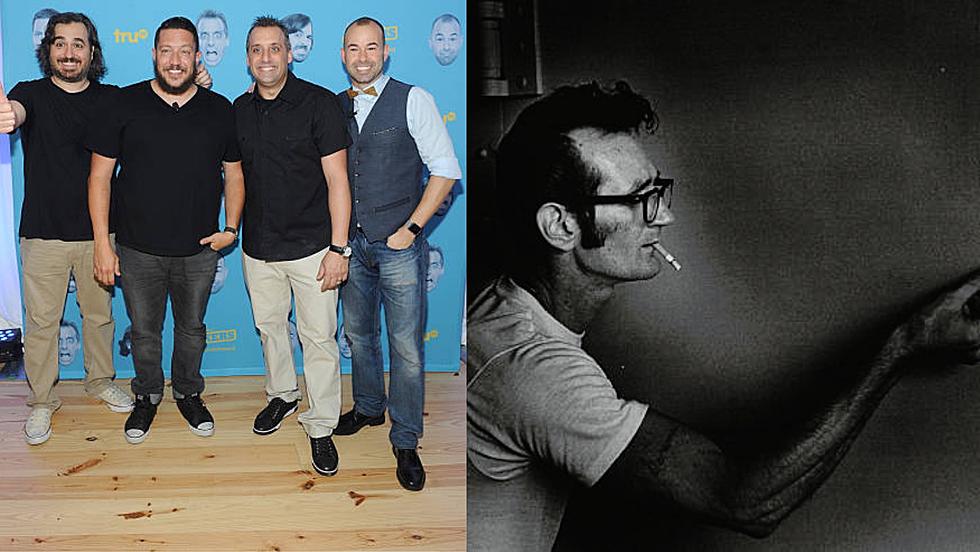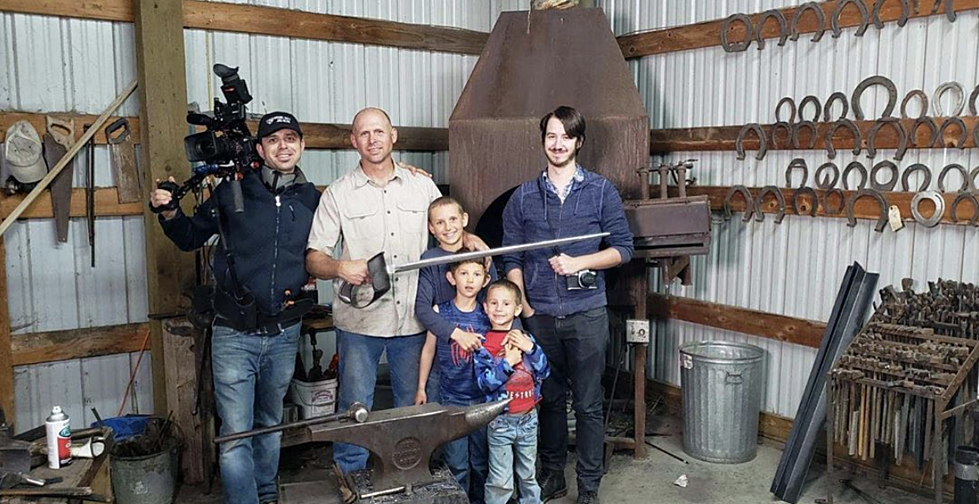
VHS, Beloved Home Video Format, Dies at 40
Very sad news out of Japan: According to Mental Floss, Funai Electric, the last company making VCRs, has announced that it will cease production of the product “due to declining sales and difficulty acquiring parts.” Though effectively on life support for the last several years, this will mark the true and final death of the VCR, or video cassette recorder. It was 40 years old.
The earliest recorders were developed in the 1970s. As the concept of a home video recorder became popular, two competing formats began vying for customers’ dollars: Betamax, developed by Sony, and VHS (or “video home system”) from JVC. VHS was the eventual winner, and its VCRs became a ubiquitous home entertainment furnishing throughout the world in the 1980s and 1990s. VHS brought movies into the home in a way they never had been before, and while their visual and audio capabilities were limited (and often eroded with multiple viewings), the tapes paved the way for superior technology like Blu-rays and online streaming.
As physical media has declined, the interest in VHS as a niche product has increased; some cinephiles collect old video tapes the way music lovers collect old vinyl. That won’t end when the production of new VCRs stops; if anything, it will only increase speculative demand for older titles. But it does mark the official end of an era. (Although Mental Floss’ article notes that 750,000 VCRs were still sold worldwide last year.)
VHS is survived by its digital offspring, DVD, although it too has been in poor health in recent years and its chances of survival at this point look very slim. Please keep it in your thoughts during this difficult time.
More From Retro 102.5










